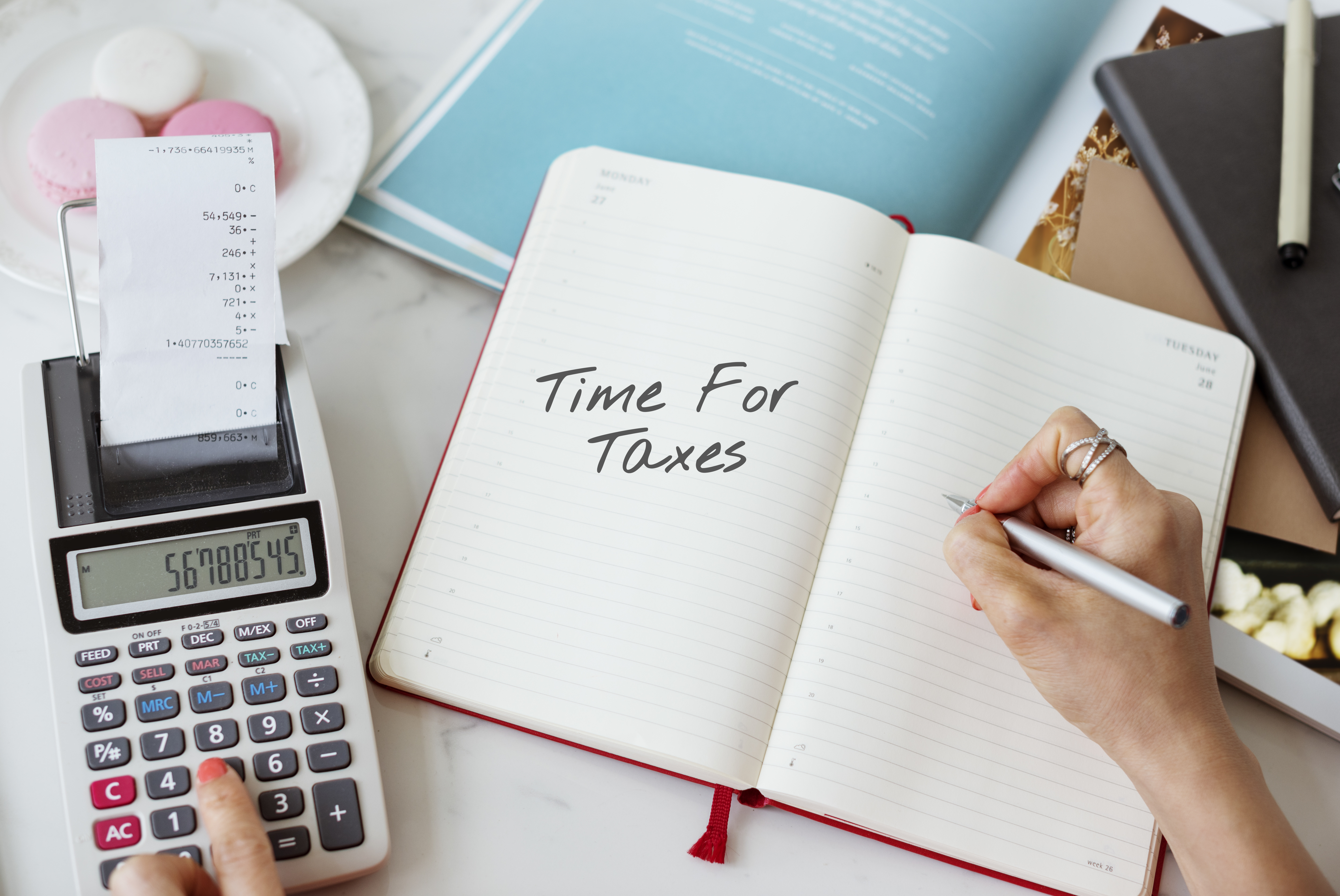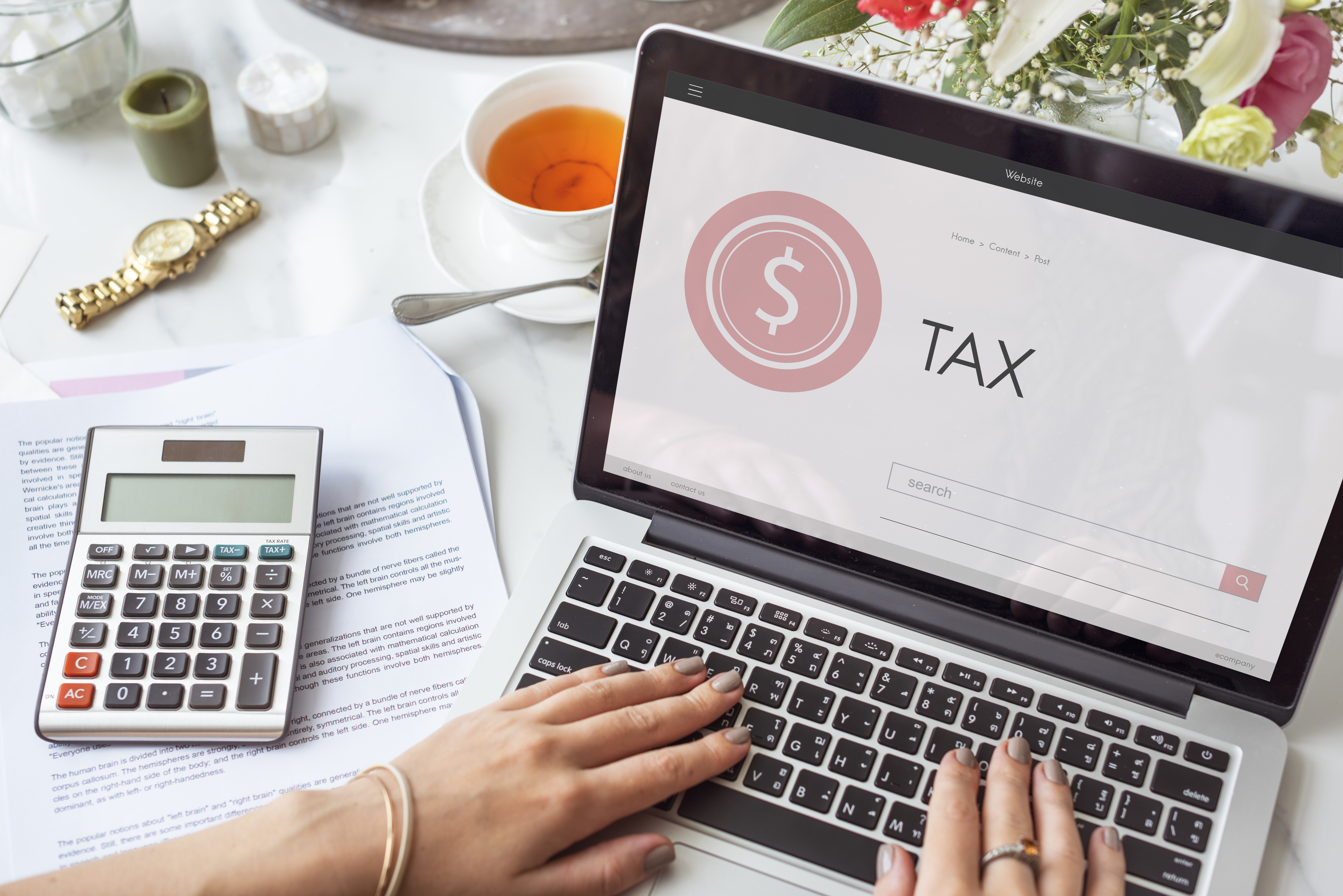With the end of the financial year only just over a month away, Xero’s Head of Accounting, Grant Anderson, has prepared some top tax tips to make things a bit easier come April 2015.
1. Talk to your accountant before year end
Start thinking about tax now. It is best to start planning for tax early. If you are unsure about your particular circumstances, talk to your accountant. They will be able to give you specific advice for your situation. They know what you can claim and what you can’t. And best of all, any fees you pay them are deductible too.
2. Stay on top of your record keeping
At the end of your financial year, make sure that all of your bank reconciliations are up-to-date. Send out all of your sales invoices promptly and make sure your have processed all of your bills to pay.
3. Claiming Expenses
Remember that any expenses you want to claim need to be supported by invoices or receipts. Taking photos and scanning your financial papers throughout the year will save a lot of time. It also makes it easier for your accountant so they don’t need to keep going back to you for receipts etc. And remember, it is a requirement to keep business financial records for seven (7) years so going paperless allows for easier storage. Another tip is to get an external hard drive to back up this information.
It is important to know what expenses you can claim against your taxes, and what you can’t claim. For instance, office supplies like printing and stationery costs are usually 100% claimable, but you can only claim a proportion of your home office costs. Your accountant is always the first person you should ask about this. They are experts about this stuff.
If you use your car for business, you can claim some of the costs. You can claim a proportion of repairs and maintenance, fuel, registration, insurance and depreciation. Keeping a logbook can be helpful, especially if you use the car a lot for business. If you think more than 25% of your travel is for business, you need to substantiate this with a logbook.
If you travel less than 5000 kms per year, you can claim mileage based on your actual travel. Of course, you need to keep a record of the distances travelled and the purpose of the trips. The Inland Revenue publishes an approved mileage rate each year.
It is also possible to claim for depreciation of assets. Purchases over $500 (like a laptop or tablet) that have a useful life of more than one year must be capitalised, not expensed. The capital cost is then written off over the assets useful life. This is called depreciation. The Inland Revenue publishes a comprehensive list of the depreciation rates that apply to different assets.
4. Review Fixed Assets, Inventory and Receivables
Review your list of fixed assets before balance date. Sell any surplus or unused assets that can be sold. Other surplus assets should be written off, along with any assets that have been thrown out or lost.
Review your inventory before balance date for out-of-date or obsolete items. Dispose of any unusable inventory before balance date. Any obsolete inventory can be written off to save you tax.
Review your overdue receivables before the end of your financial year and write-off any bad debts. Be proactive with your invoicing and use a system to get that cash coming in quicker. An online system is a faster and easier method to send out invoices and track them. It also greatly reduces the amount of paperwork and administration time required.
5. Plan Your Expenditure
To reduce your taxable income, purchase any upcoming expenses, like postage or printer ink, before 31 March in order to claim them as early as possible. Prepayments such as insurance can be claimed in full, as long as the total prepaid is less than $12,000.
6. File on Time
Avoid late payment penalties by filing your tax returns on time. If you prepare your own tax return, and your balance date is between 1 October and 31 March, the due date of filing your income tax return is 7 July. If your accountant prepares your tax return, talk to them about when you should give them your records.
7. Accounting Software
Use cloud based accounting software to stay on top of your financial position. The ‘cloud’ is a platform to make data and software accessible online anytime, anywhere, from any device. It’s scalable, cost-effective and easy to use. For small business owners this allows the ability to stay connected to their data and to work remotely.
If you use cloud based accounting software it is easy to share information with your accountant. They see the same data as you and you can both work on your data at the same time. This helps your accountant to help you. You can resolve problems as soon as they happen, rather than leaving them until the end of the financial year.
.jpg)

